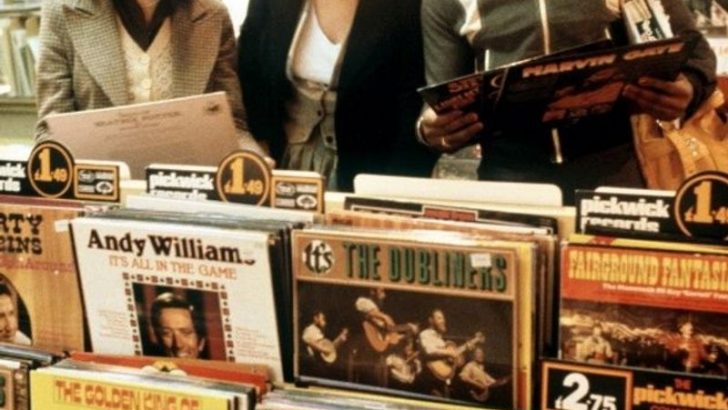The 1960s were a time of remarkable change and memorable experiences. From cultural revolutions to technological advancements, it was a decade that left a lasting impact on society. If you remember these seven iconic things from the ’60s, you’re officially part of a special generation that witnessed extraordinary moments in history.
1. The Beatles’ First U.S. Visit
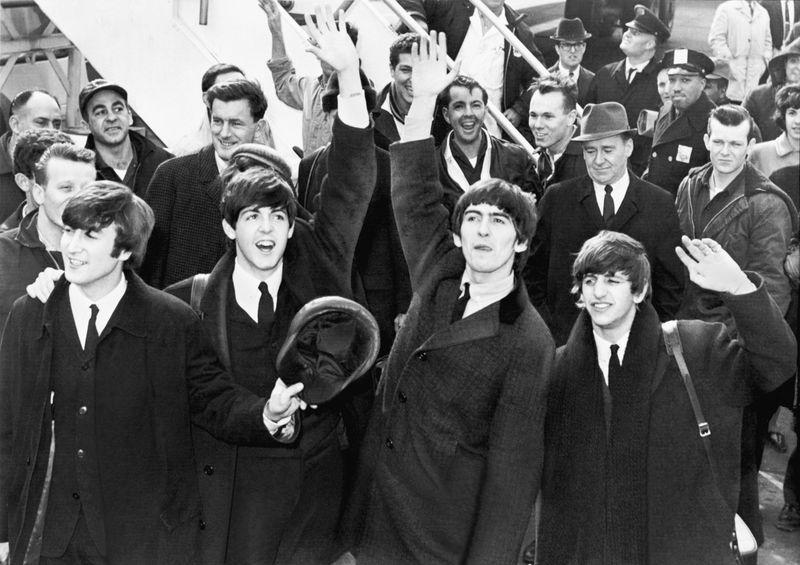
Imagine the frenzy of February 1964, when four lads from Liverpool touched down in America, forever changing music. The Beatles’ arrival at JFK Airport was nothing short of a cultural phenomenon, marking the British Invasion’s kickoff. Crowds swarmed, screams echoed, and Beatlemania was born.
Their iconic performance on The Ed Sullivan Show captivated millions, etching a permanent mark in rock ‘n’ roll history. The Fab Four’s charisma transcended music, influencing fashion and youth culture worldwide. Fans mimicked their mop-top hairstyles, and their songs became anthems of a generation.
Did you know? The broadcast drew 73 million viewers, making it one of television’s most-watched events. A moment of unity in a rapidly changing world.
2. Woodstock Festival
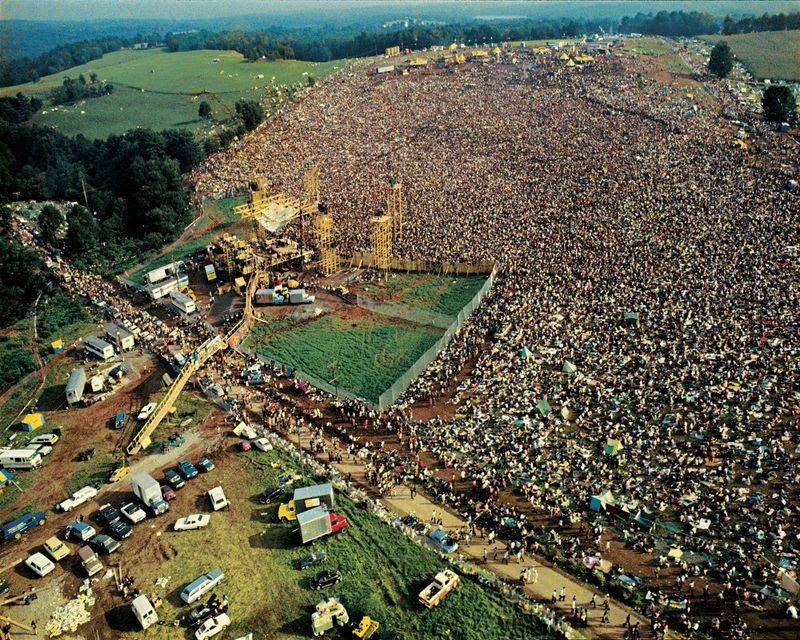
Peace, love, and music defined the Woodstock Festival of 1969. Imagine gathering with hundreds of thousands on a farm in New York for a weekend of legendary performances. The festival symbolized the counterculture movement, a landmark in music history.
Despite rain and logistical challenges, the spirit of harmony prevailed. Iconic artists like Jimi Hendrix and Janis Joplin graced the stage, creating unforgettable memories. Woodstock wasn’t just a festival; it was a defining moment of a generation yearning for peace and love.
Fun fact: The original plan was for a small event expecting 50,000 people, but it swelled to over 400,000 attendees, becoming a historic emblem of the ’60s.
3. Moon Landing
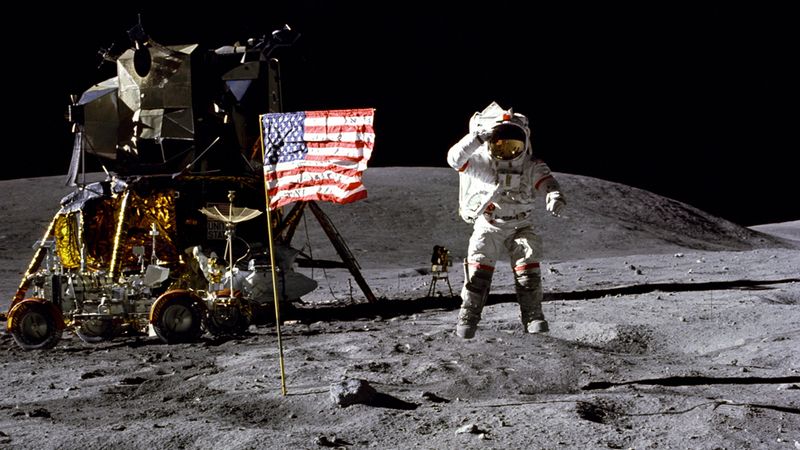
“That’s one small step for man, one giant leap for mankind.” Neil Armstrong’s words echoed across the globe on July 20, 1969. The Apollo 11 mission achieved what many thought impossible – landing a man on the moon.
The moon landing was a pinnacle of human achievement, showcasing ingenuity and determination. Millions watched as grainy black-and-white images beamed back to Earth, a symbol of technological triumph in the space race.
Did you know? The mission inspired countless people to pursue careers in science and technology. It was a moment when humanity looked beyond Earth and dreamed of the stars.
4. Civil Rights Movement
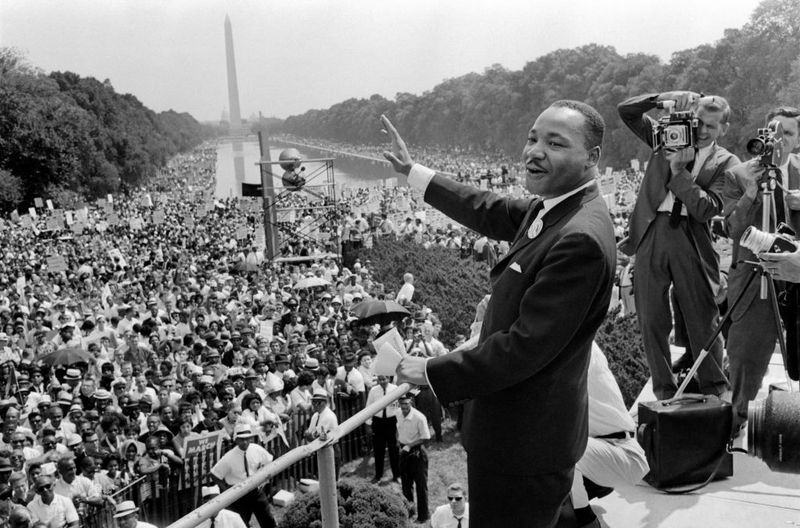
The 1960s were a decade of change, and the Civil Rights Movement was at its heart. Picture the determination of millions fighting for equality, justice, and freedom. From sit-ins to marches, activists challenged racial segregation and discrimination.
The March on Washington in 1963 was a pivotal event, drawing over 250,000 people advocating for civil and economic rights. Martin Luther King Jr.’s “I Have a Dream” speech became a beacon of hope, inspiring generations.
Quirky fact: Rosa Parks’ arrest for refusing to give up her bus seat in 1955 sparked the Montgomery Bus Boycott, a crucial step towards ending segregation, influencing the ’60s movement.
5. Television’s Golden Age
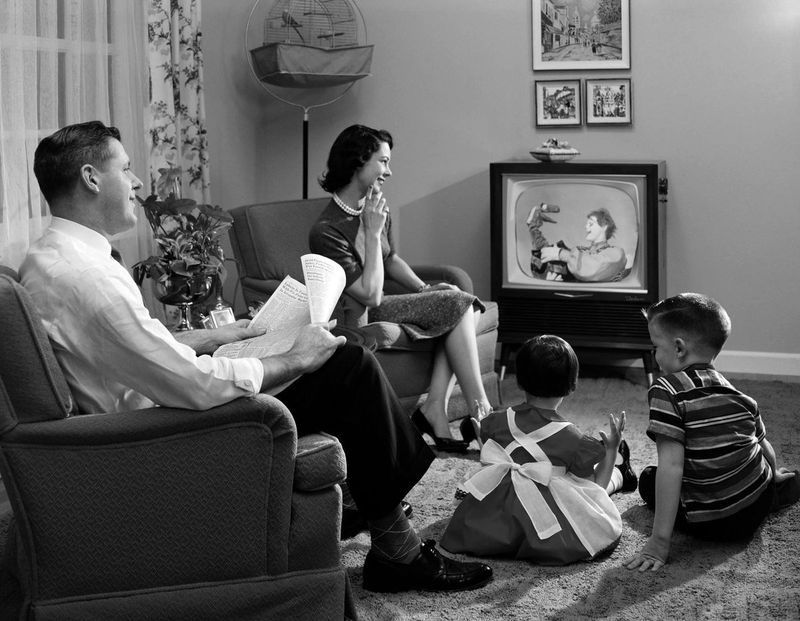
The ’60s marked television’s golden age, captivating audiences with innovative programming. Families gathered around boxy sets, tuning into shows that became cultural touchstones. From “The Dick Van Dyke Show” to “Star Trek,” the era’s TV was diverse and pioneering.
Sitcoms, dramas, and variety shows reflected societal changes, shaping public opinion and entertainment standards. It was a time when television connected communities, creating shared experiences through compelling storytelling.
Did you know? “I Love Lucy” reruns were so popular that some businesses adjusted their hours to accommodate viewing schedules, underscoring TV’s influence in the ’60s.
6. The Vietnam War

The Vietnam War was a defining conflict of the 1960s, leaving a complex legacy. As television brought the war into living rooms, public perception shifted, sparking protest movements and debates.
Soldiers faced harsh conditions, while back home, the anti-war movement gained momentum. Songs, rallies, and demonstrations highlighted opposition, reflecting a divided nation grappling with war’s moral implications.
Interesting fact: The Pentagon Papers, leaked in 1971 but covering the ’60s, revealed government secrets and fueled public skepticism about the war, illustrating the decade’s turbulent nature.
7. The Rise of Motown
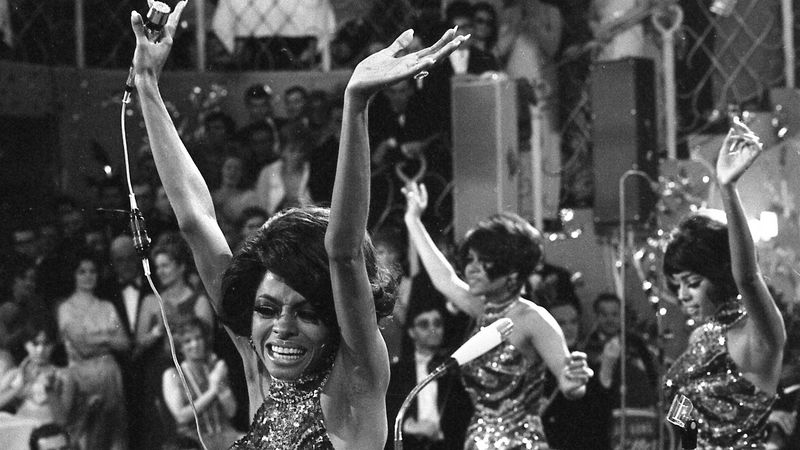
Motown, the sound that changed America, rose to prominence in the ’60s, bringing soul and R&B into the mainstream. Founded by Berry Gordy in Detroit, the label produced hits that defined the era and bridged racial divides.
Artists like Marvin Gaye, The Supremes, and Stevie Wonder became household names. The music’s infectious rhythm and heartfelt lyrics captured life’s joys and struggles, resonating with audiences across backgrounds.
Fun tidbit: Motown’s “assembly line” approach to producing music mirrored Detroit’s automotive industry, a reflection of creativity meeting industry in the heart of the Motor City.

